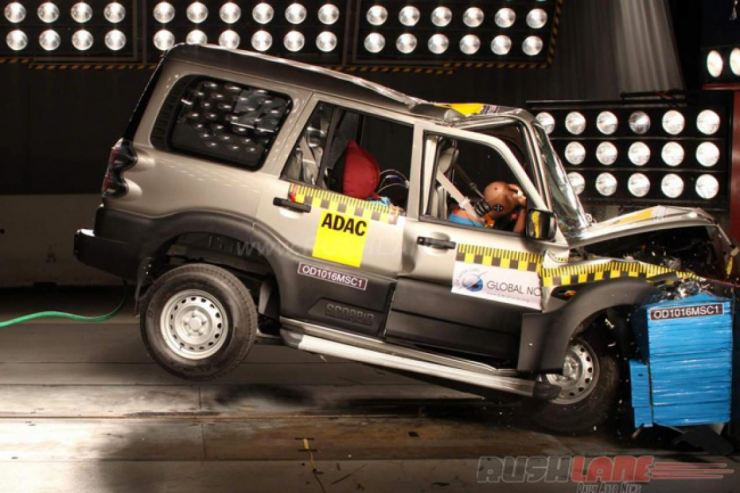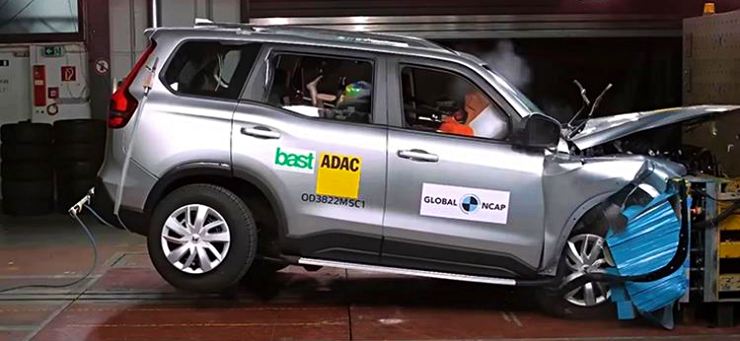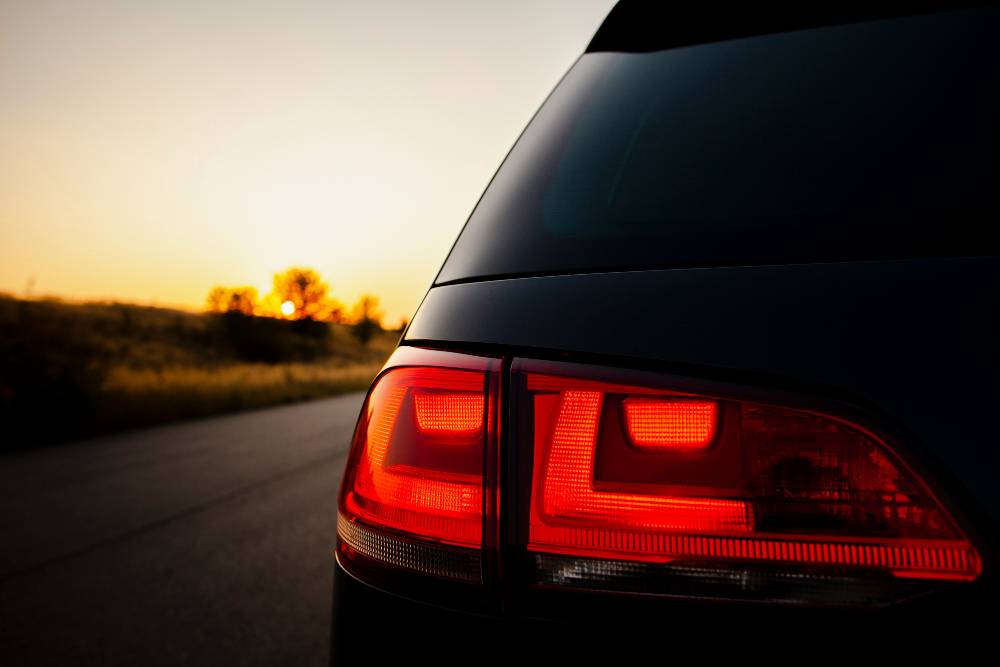Earlier last month in August, Union Minister of the Ministry of Road Transport and Highways, Nitin Gadkari, launched the much-anticipated Bharat New Car Assessment Program (BNCAP) in India. This new program has been launched to encourage automakers to make safer cars in India. The benefits of this will directly impact Indian customers and the automakers themselves as well. The higher safety ratings cars receive will have better export results and thus improve the economy as well. So, if you are curious about how an Indian car can receive 5 stars in Bharat NCAP, you have come to the right place.
The Bharat NCAP will use the same crash test standards as the Global NCAP to evaluate the safety of vehicles manufactured in India. A number of safety factors will be used in the BNCAP crash test. These include, among others, adult and child passenger protection tests, frontal, pole, and side impact testing. Depending on how well a car performs in crash tests, ratings will be given on a scale of one to five.
Bharat NCAP crash test evaluations
According to the safety offered for both adult and child occupants as well as the available safety features, Bharat NCAP will evaluate each car’s score. According to Nitin Gadkari’s recent statement, vehicles must have at least six airbags to receive a five-star certification from the Bharat NCAP. The Adult Occupant Protection (AOP) test will evaluate the effects of a collision on the driver and adult passengers. The primary focus of Child Occupant Protection (COP) testing will be on ISOFIX seats and airbag activation to safeguard children.
Also read: 10 DC Design cars & how they look in the REAL world: Maruti Swift to Mahindra XUV500
Bharat NCAP will also evaluate all of the vehicles’ safety assist features to determine the final rating of the car that has been crash-tested. The agency has stated that a vehicle will pass the test with a one-star rating if it receives at least four points in AOP and nine points in COP. An automobile must receive at least 27 points in each category and 41 points overall to receive a five-star rating.
Types of crash tests
Bharat NCAP will crash-test the cars at the Centre of Bharat NCAP at the Central Institute of Road Transport (CIRT) in Pune. According to the program, all of the cars will go through three levels of crash tests at Bharat NCAP. The frontal impact test is the first one. An automobile will collide with a barrier in this test at a speed of 64 kmph. The second test involves crashing a car against a barrier at 50 kmph during a side impact test. The third requirement is for all vehicles to pass the pole crash test, which is essential for obtaining at least three stars. The outcome of these tests will be significantly affected by a car’s safety assist features.
How the agency will choose the cars?
The BNCAP will randomly select a vehicle from the base variants at the centre that the manufacturer uses to dispatch vehicles when the manufacturer or car importer finishes FORM 70-A. Representatives from the automaker and the BNCAP team will be present for the agency’s crash test. The manufacturer will be informed of the BNCAP’s findings, and the BNCAP standing committee will then provide its approval. Following the publication of the crash test findings by BNCAP, the certification will be given by the Central Institute of Road Transport (CIRT).
Also read: Upcoming 2022 Maruti Suzuki Vitara Brezza rendered









